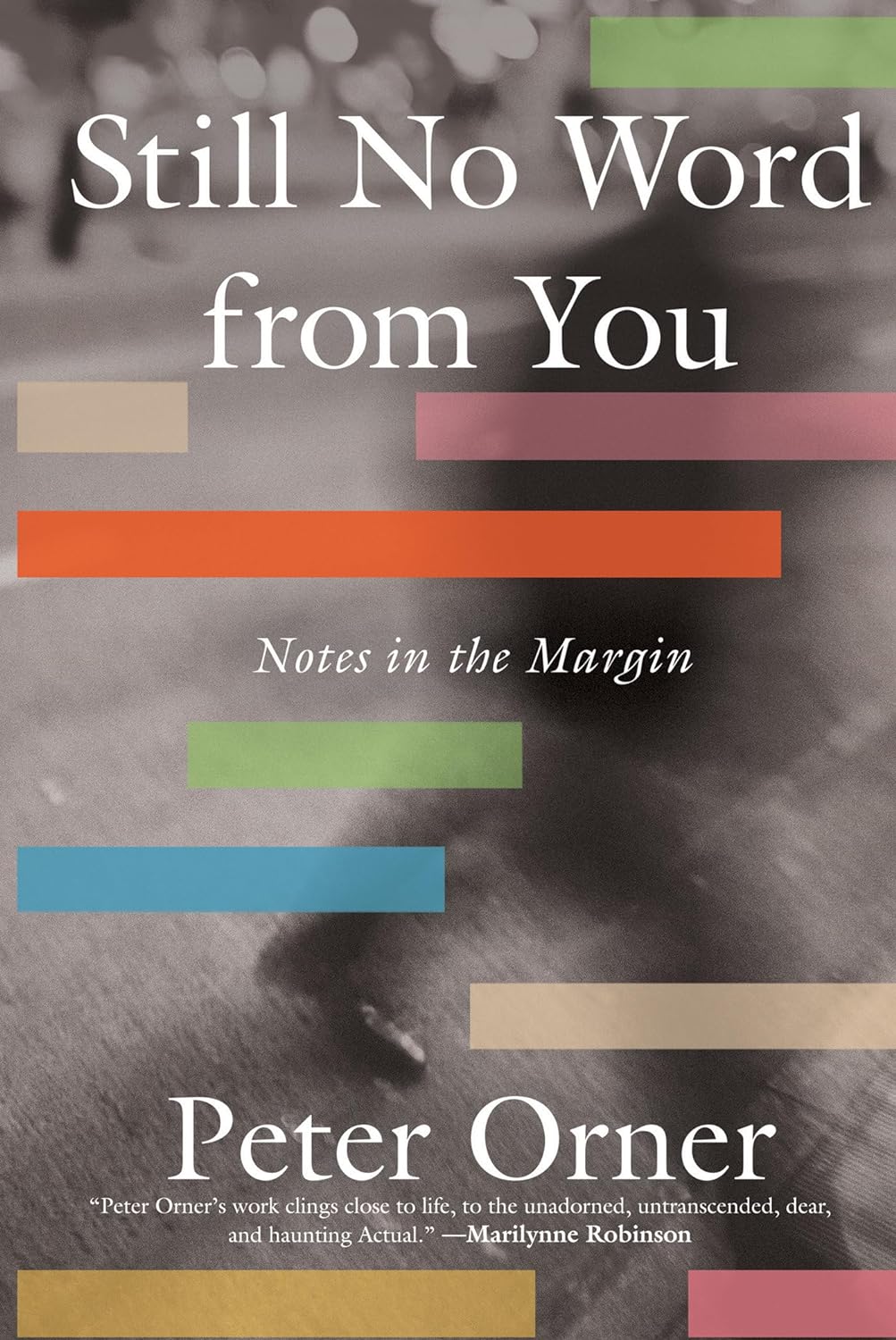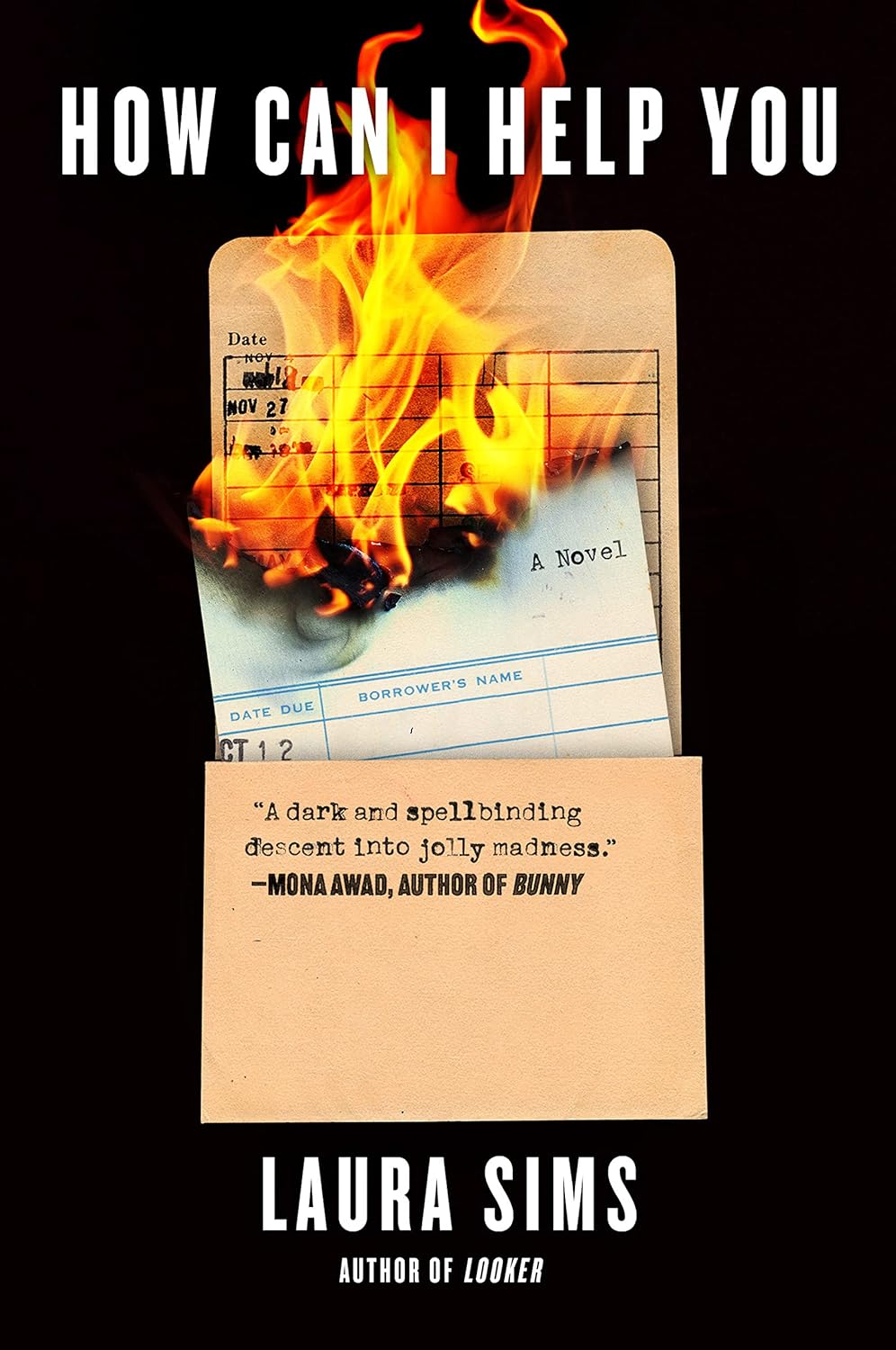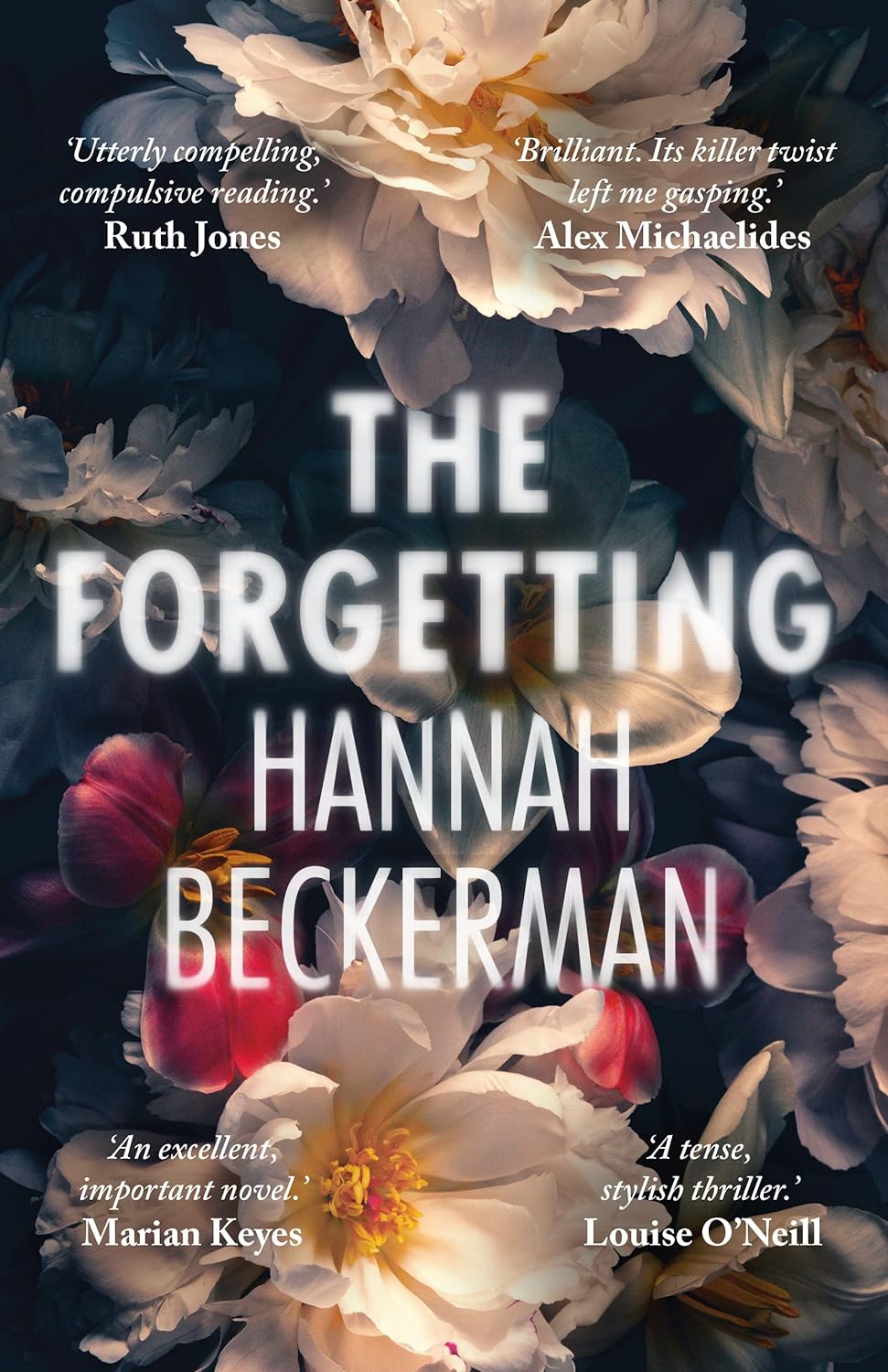I continue to be on a somewhat depressing reading streak; i.e., not enough great books, no book that absolutely swept me away. But that doesn't mean all the reading has been bad. Spring has seen some highlights!
Fiction
Small things can make me happy--such as liking the first novel of the spring season. In my teens and twenties, I read and enjoyed several of Herman Wouk's sprawling novels, but I had never read his Pulitzer-winning work, The Caine Mutiny. My favorite part of the book was, in fact, the description of the trial of the mutineer, Officer Maryk, who seized control of the Caine during a typhoon in which Captain Queeg (a name that has entered the zeitgeist) appeared to be paralyzed with fear. His attorney, who believes Maryk was guilty and others on the Caine were mistaken in their treatment of Queeg, nonetheless offers a vigorous defense. But there is much before and after the trial involving the book's narrator, Willie Keith, including his pre-war adventures as a vacuous rich boy and raw Navy recruit and his maturation as a result of his experiences on the Caine. There were times while reading that I thought "Why do we need this scene or vignette?--Wouk needed a more aggressive editor." Nevertheless I enjoyed the novel's sweep and exploration of ethical questions related to the waging of war.
I came across Mrs. March by Virginia Feito while searching for something to read on Libby. I clicked on it, thinking it might be some alternative telling of Marmee's story (the mom in Little Women for non-Alcott fans). That thought proved way off base, as Mrs. March is the story of a woman's descent into madness, told from inside her head. The book begins when an employee at Mrs. March's favorite Upper East Side pastry shop suggests that an unattractive and immoral character in Mr. March's latest novel is based on Mrs. March herself. As her mental health crisis deepens, she sees multiple versions of herself, imagines that her husband has killed a young woman upstate, and, well, I don't want to reveal too much. From her memories about her youth, we realize her problems started years ago. Those memories carry added creepiness because she thinks of herself, even as a child, as Mrs. March; indeed we don't learn her first name until the last sentence of the book. I found Mrs. March weird, sometimes funny, but always entertaining.
Mysteries
Another decades-old award-winner (the Edgar this time) was also a favorite this season--Sharyn McCrumb's She Walks These Hills. I haven't read any McCrumb for years--not sure why--but this one had so many characters who seemed destined to converge at the end. Among these characters: a woman police dispatcher serving her first weeks as a deputy sheriff, an escaped convict with mental problems, his geology student daughter, a history graduate student trying to retrace the steps of an 18th-century woman key to his dissertation, a local talk radio host who styles himself as "Hank the Yank," an abused teenage mother looking to escape her situation. While you know they're somehow going to come together at the end, there were surprises. And, of course, McCrumb captures both the physical and cultural features of Appalachia beautifully. I'm going to have to go back to some other McCrumb books I've missed over the years.
At first, I thought The Quiet Tenant, by Clemence Michallon, was a rip-off of Room--and there are certainly similarities, in that a woman is being held captive by a man who sexually abuses her. But The Quiet Tenant goes off in a distinctly different direction. I don't know if I can say more without revealing too much--but I found the book entertaining. Not great, but enjoyable.
As I've said before, I took a break from C.J. Box's Joe Pickett series a few years ago because I thought it had gotten too dark, but I've enjoyed the Cassie Dewell books, and Treasure State was no exception. Former cop, current Montana PI Cassie has two clients: a woman who wants to find the man who romanced and ripped her off and a man who offered a reward to anyone who could find a treasure he hid somewhere in the mountain west and wants to make sure no one can identify him. Box weaves Montana history with the procedural elements--and it all works.
Nonfiction
I never expected to read a book about Spiro Agnew, but a friend gave me the book Bag Man: The Wild Crimes, Audacious Cover-up and Spectacular Downfall of a Brazen Crook in the White House, by Rachel Maddow and Michael Yarvitz, so there I was, reading about Spiro Agnew. Scarily, all the corruption described in the book was uncovered when I was an adult interested in politics--but I remember little other than Agnew resigned because of "a tax issue." But boy was it a lot more than that--and, as told by Maddow, the Agnew case foreshadows aspects of what we are now experiencing with Trump. I don't think the prosecutors in the Agnew case were ever as well-known as those involved in the Trump cases, but they were heroes of great integrity and it's worth reading about them. One thing about the writing bothered me. Many sentence fragments were employed; although I don't regularly watch Maddow, I sense this is characteristic of her speaking style. And, in defense of my ignorance, when all of this happened, I had just finished up a hectic year as a legislative intern, gotten married, and moved to Tennessee, where we lived in the "guest house" on an Army base for a month because we couldn't find housing. I think there was only room in my head for Watergate and not for Spiro!
I was familiar with Lyn Slater's online presence as an influencer known as the Accidental Icon. Although I am interested in fashion, one of her primary topics, and am about the same age, I never felt any connection with her because her style was too impractical (or, in my Midwestern brain, too New York) for me. Little did I know that, as the project she started when she turned 60--to write about the expressive power of fashion--morphed into a globe-trotting career endorsing products, she was becoming increasingly uncomfortable with these developments: the extent to which her new role involved conspicious consumption and commodification of her expression through fashion, not to mention the cost in time not spent with loved ones. As I read about her multiple transitions in How to Be Old, it seemed to me she is one of the rare people for whom the pandemic had a positive effect, in that it brought the fashion industry to a halt and gave her space to rethink what she wanted her next step to be. I enjoyed her account of her evolution--and feel a great deal more resonance with her current iteration. Probably not for everybody but I enjoyed it.
Another book that probably isn't for everyone is Doris Kearns Goodwin's An Unfinished Love Story: A Personal History of the 1960s. The book was inspired by the efforts of the author and her husband, Richard Goodwin, to go through the many boxes he had kept from his work in the Kennedy and Johnson White Houses as well as the RFK and Eugene McCarthy campaigns. Kearns Goodwin tells the story in the present when the two are searching through the boxes as Goodwin's health deteriorates and in the past, as revealed in the documents and artifacts in the boxes and through their memories. I found the document excerpts and the recordings of speeches and conversations (I was listening to the audiobook) most fascinating, but the behind-the-scenes look at the period was also interesting. Of course, the book is a "personal history," so one can only guess how the couple's loyalties to leaders of the time (and Kearns Goodwin's love and admiration for her husband, whom she credits for nearly every significant speech made by JFK or LBJ), affect the telling. Still, as a native of the 1960s, I appreciated this glimpse into that seminal decade.
Favorite Passages










